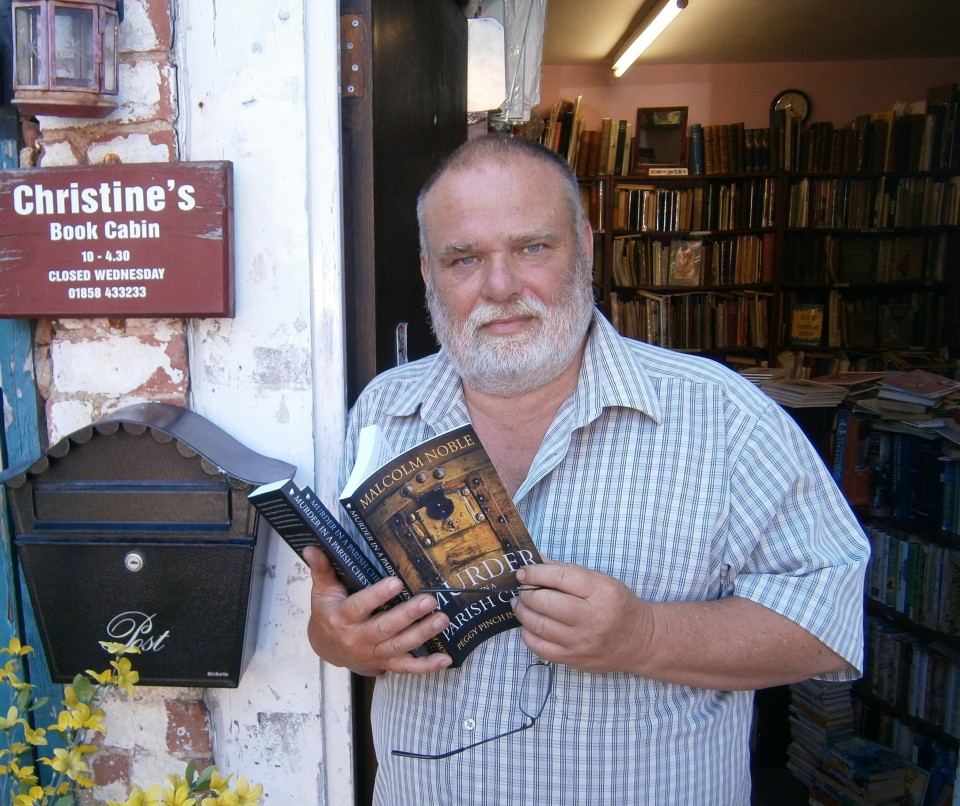I recently heard my first play produced on the radio, an experience as nerve racking as the publication of my first book some twelve years ago. The project taught me so many lessons which I will apply to my novel writing that I thought I could usefully share them here.
Before I submitted my proposal, I was lucky that a retired professional theatre producer visited my bookshop and complained that he was asked to read so many well written plays that remained uncrafted. He emphasised the distinction between a play-writer and a playwright, implying a craftsmanship comparable with cartwrights and wheelwrights. I began to think of a sculptor who starts with a fully shaped form and posture, be it angry or meek, overpowering or tear-jerking, and then works on every inch of the detail. My visitor, who left without knowing that I had ever put pen to paper, reminded me that the audience has no second chances. Readers may choose when, where and even the mood in which to open a book; they may reread a section, take time to consider it, put it aside for later or even skip a few pages. The audience has none of that control so the playwright cannot afford to lose them.
My first conversation with the radio producer underlined this need for craftsmanship. We agreed that we wanted a live performance (something the players would later endorse). But my play must neither crash into the eight o’clock news nor finished before time, leaving an awkward silence. Yes, the fading theme tune may provide a few seconds grace but no more than that. I promised not to place production requirements too high. Rather than trusting that everything would go right, I would avoid as many things that could go wrong. Also, I needed to remember how many actors would be in the studio and where they would be standing in relation to one another. I left that meeting with an uncomfortable feeling (not yet a recognition) that I was going to have to submit to something which I had always denied in my novel writing. Discipline.
I had always thought that writing a play was a collaboration. (Isn’t that what screenwriters tell us?) ‘ Rather than a collaboration, I think it is a cohesion where different people bring their best work on which others can rely. That’s the deal; no-one expects others to accept their second-best efforts. When I trawled for actors, they made it clear that they longed for a well finished and polished work which they could interpret. One said, ‘The script, not you, needs to make clear what you want from me.’
It seemed that every step on the ladder pressed higher expectations on my work.
I was fortunate that the proposal attracted five experienced and skilled actors who were enthusiastic to add to their portfolios. They took the play as written and, at the first read through, escalated my work to a level I could not have imagined. I felt exhilarated. I had no room for pride – the actors had delivered, not me – but it was certainly an evening to warm the heart.
That rehearsal demonstrated that the players were determined to make the most of each line. Any weak line would have been awkwardly obvious (what would the actors do with it?) but it would also have been a lost opportunity. They looked for every phrase to build the storyline or demonstrate the depth of the characters. Every word – whether provocative or subtle – needed to be powerful. To a measure, this is a natural element of the form; spare time is something a play (especially a radio play) cannot afford. But for me, this drove the point home that removing all unnecessary words is not the same as making each remaining word count.
Now, what is a lesson for me may not be a lesson for others. But my dabble as a playwright has convinced me that I will write at my best novels if I bring greater discipline to the work. I need to keep in mind that image of a sculptor working on the fine detail of an established shape. And it is not enough to cut the unnecessary words; I need to make each remaining word count.
Visit- Malcom Noble


Leave a Reply